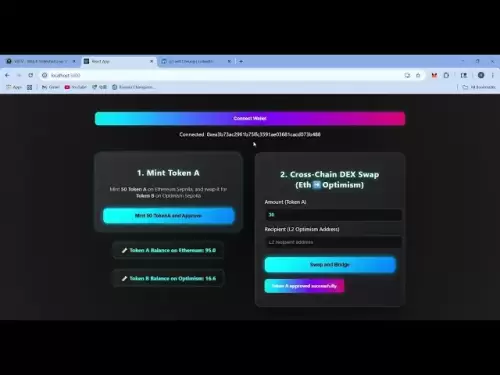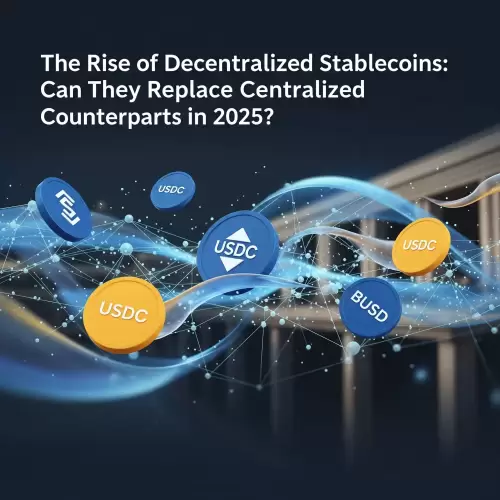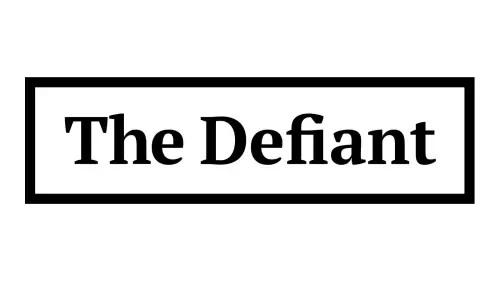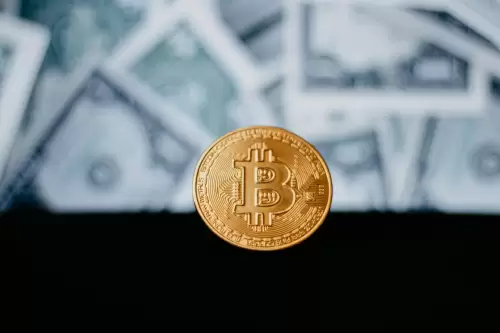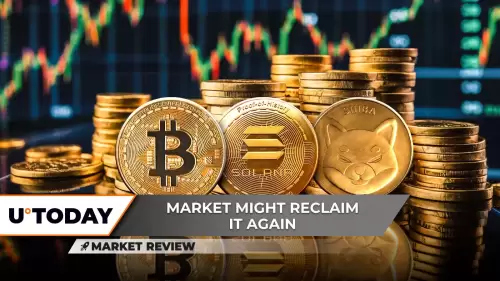Robinhood's foray into tokenized stocks of companies like OpenAI stirs controversy and excitement. Is this the future of finance or a regulatory minefield?
Buckle up, folks! The intersection of OpenAI, Robinhood, and stock tokens is proving to be one heck of a rollercoaster. Robinhood's recent announcement of tokenized stocks, including those linked to private companies like OpenAI and SpaceX, has sent shockwaves through the financial and tech worlds. But is this a revolution in retail investing or a recipe for regulatory chaos?
OpenAI Distances Itself: Not So Fast, Robinhood!
The biggest headline? OpenAI is throwing some serious shade. They've explicitly denied any partnership or involvement with Robinhood's tokenized stock offerings. "These 'OpenAI tokens' are not OpenAI equity," OpenAI stated firmly. "We did not partner with Robinhood, were not involved in this, and do not endorse it." Ouch! This adds a layer of complexity to the already murky waters of tokenized private equity.
Robinhood's Bold Move: Democratizing Private Markets?
Robinhood's perspective is, naturally, quite different. They see this as an opportunity to democratize access to private markets. Tokenized stocks, they argue, allow retail investors to gain indirect exposure to companies like OpenAI and SpaceX, assets typically reserved for the wealthy elite. By fractionalizing ownership through tokens, Robinhood hopes to open up these opportunities to a wider audience, particularly in the European Union where the initial rollout is focused.
The Crypto Community Weighs In
The crypto community is buzzing, and not all of it is positive. While some see the potential for financial inclusion, others are raising concerns about the legitimacy and regulatory implications of these unapproved token launches. An Ethereum wallet distributing Robinhood’s controversial OpenAI “stock tokens” has even been linked to a trader with a colorful past, adding another layer of intrigue (and potential risk) to the situation.
Regulatory Hurdles and Future Prospects
One thing is clear: the regulatory landscape surrounding tokenized securities is still evolving. Robinhood's US users are currently excluded from this offering due to regulatory barriers. SEC Chair Paul Atkins has called stock tokenization an "innovation" worth watching, but significant hurdles remain before widespread adoption can occur.
A Personal Take: Proceed with Caution (and Maybe a Grain of Salt)
While the idea of democratizing access to private markets is appealing, the current situation feels a bit like the Wild West. OpenAI's disavowal raises serious questions about the legitimacy and value of these tokens. It's crucial for investors to do their own research and understand the risks involved before diving in. Remember, just because you *can* buy a tokenized piece of a company doesn't mean you *should*.
Wrapping Up: What's Next?
The saga of OpenAI, Robinhood, and stock tokens is far from over. It’s a fascinating experiment at the intersection of finance, technology, and regulation. Whether it leads to a more inclusive financial system or a regulatory nightmare remains to be seen. One thing’s for sure: it’s going to be an interesting ride. So, grab your popcorn and stay tuned!
Disclaimer:info@kdj.com
The information provided is not trading advice. kdj.com does not assume any responsibility for any investments made based on the information provided in this article. Cryptocurrencies are highly volatile and it is highly recommended that you invest with caution after thorough research!
If you believe that the content used on this website infringes your copyright, please contact us immediately (info@kdj.com) and we will delete it promptly.







































